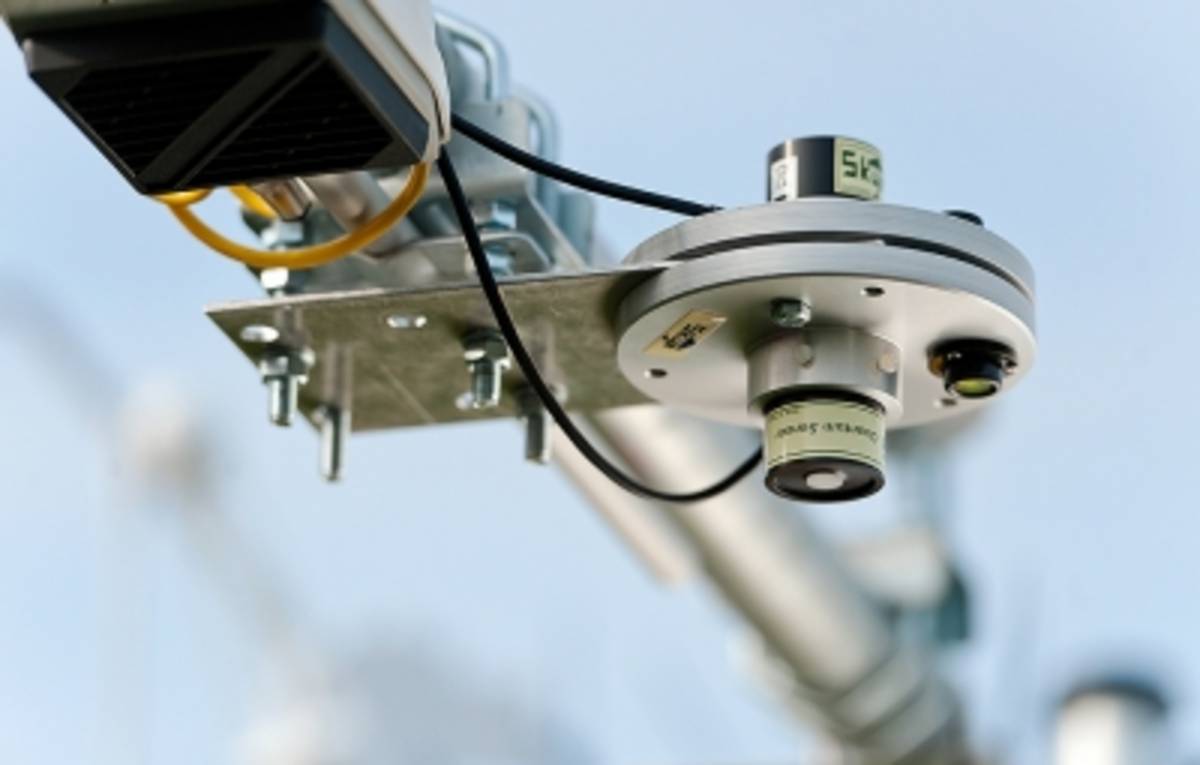TERENO - TERrestrial ENviromental Observatories
Short description:
TERENO - Terrestrial Enviromental Observatories comprise four large observatories in Germany built up to foster understanding of environmental processes and their feedbacks. The one managed by UFZ is the Harz / Central German Lowland Observatory.Major research issues/sites:
TERENO’s objective is an in-depth understanding of environmental processes and their feedbacks on the overall system. TERENO provides the necessary long-term observation data covering multiple spatial and temporal scales of pedosphere, hydrosphere, biosphere, lower atmosphere, and anthroposphere. From 2008 onward, TERENO has been established in Germany as an interdisciplinary research program that aims to observe and explore the long-term ecological, social, and economic impacts of global change at the regional level. State-of-the-art methods from the field of environmental monitoring, geophysics, and remote sensing are used to record and analyze states and fluxes for different environmental compartments from groundwater through the vadose zone, surface water, and biosphere, up to the lower atmosphere.
The TERENO infrastructure is much too wide-ranging to be comprehensively described here. A more detailed description can be found at http://teodoor.icg.kfa-juelich.de/observatories/HCGL_Observatory. More information regarding research activities can also be found within the TERENO newsletter (available at http://teodoor.icg.kfa-juelich.de/tereno-newsletter).
Reference: Zacharias et al. 2011. A Network of Terrestrial Environmental Observatories in Germany. Vadose Zone J. 10:955–973
Short technical description:
Main instrumentation and surveys enable:
Soil Moisture Sensor networks, Cosmic Ray Soil Moisture Probes, Groundwater Monitoring, Runoff and Solute Monitoring using mulitparameter probes, Eddy covariance towers (CO2, NO2, CH4), Geophysical Monitoring (ERT, GPR, EM), Airborne Monitoring using Hyperspectrum Imagery, Soil Respiration Monitoring, Climate stations, Deposition stations, Biodiversity Assessment, DTS-observation of groundwater-surface water interactions (Distributed Temperature Sensing, using fiberoptics and temperature probes), Vadose Zone Monitoring System (in-situ soil water budget observation), Lysimeters (lysimeter network SoilCan), Rainscanner (small weather radar)
Specific features/uniqueness:
Largest interdisciplinary infrastructure for long-term, multi-scale environmental monitoring and research in Germany.
Options and conditions for visiting scientists:
Given a shared/common research interest the TERENO infrastructure is freely available.
centre running the infrastructure:
UFZ - Helmholtz Centre for Environmental Research
type of facility:
Observatory / large-scale experimental field site
Contact
- UFZ - Helmholtz Centre for Environmental Research
- Phone: +49 341 235-0



